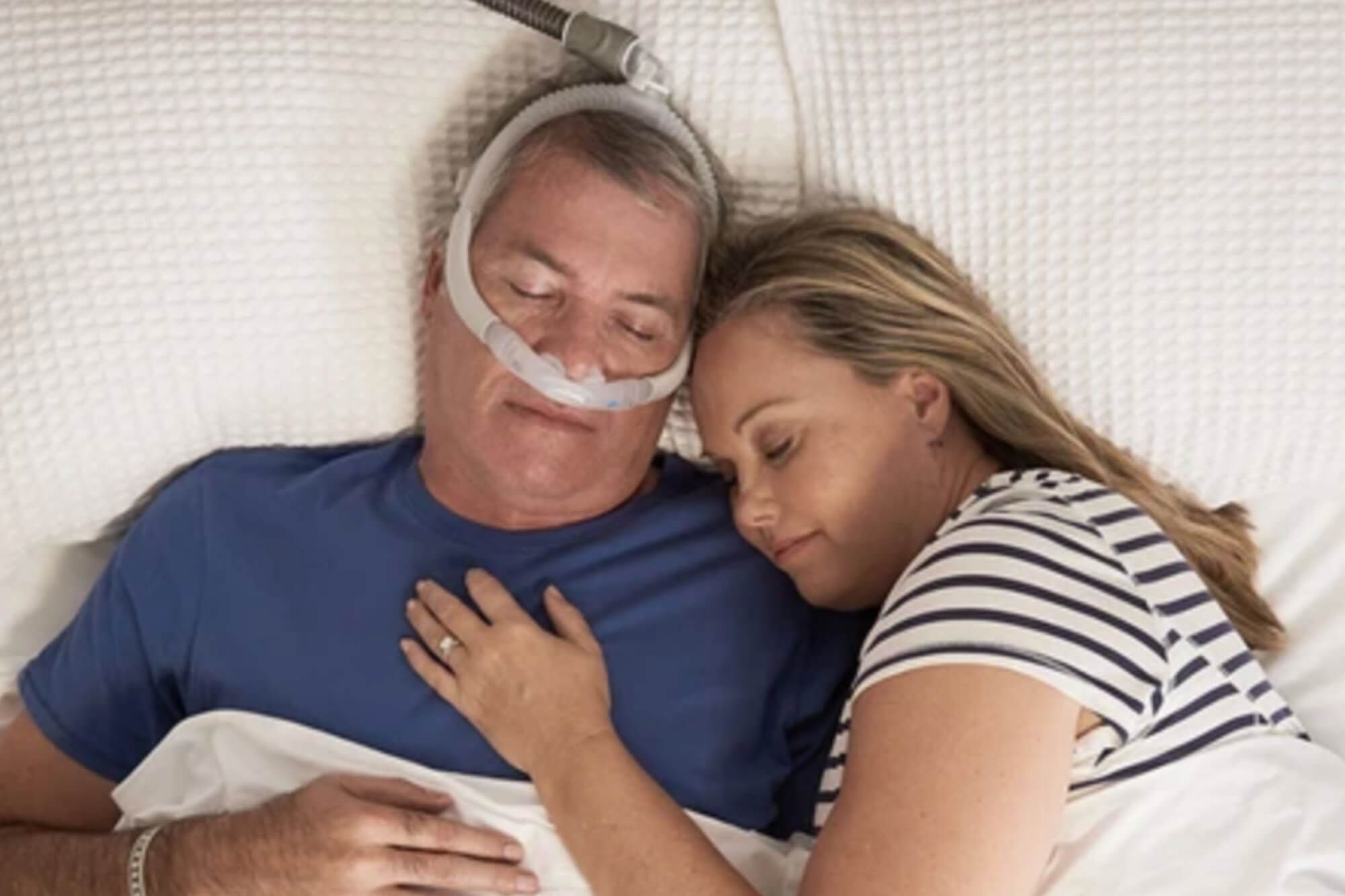As a provider of Continuous Positive Airway Pressure (CPAP) to over 30,000 patients for treatment of obstructive sleep apnea (OSA), Sleep Centers of Middle Tennessee (SCMT) has issued a series of guidelines for CPAP use during the COVID-19 outbreak.
Dr. William Noah, Medical Director of Sleep Centers of Middle Tennessee and Chairperson of the Middle Tennessee State University Sleep Consortium, said that during the COVID-19 outbreak, CPAP users need to be particularly diligent with their use and cleaning of their CPAP equipment. Dr. Noah said, “CPAP users could present an increased risk for spreading the COVID-19 virus to bed partners and household members if appropriate precautions are not observed.”
CPAP equipment treats OSA by increasing the air pressure in the upper airway. OSA is caused by partial or complete obstruction of the upper airway, often creating a snoring sound. The pressurized air delivered by CPAP through a mask into the nose and/or mouth “splints” the airway open during sleep and can resolve 98% of OSA when worn and set at the correct pressure(s).
The use of CPAP in patients infected with COVID-19 presents two increased risks to bed partners and household members. The first risk is the handling of the mask and equipment by uninfected bedpartners, household members, or even cleaning staff. CPAP masks, headgear, hoses, humidifiers, and devices all contain respiratory secretions from the user which may contain the COVID-19 virus and may be transmitted to others. Second, the exhalation port on a CPAP mask (also called an interface) may release infected respiratory secretions under increased pressure and with increased humidity which could greatly increase the radius of the exposed area. This would be particularly true if the mask did not properly seal to the face. In the presence of a leak, the flow of air escaping would be under the full pressure that the CPAP device is set. This could potentially spread the virus throughout a room or small residence.
The opposite of this is true as well. If a patient infected with the COVID-19 virus handles the mask or equipment of a CPAP user, the CPAP user may contract the virus.
Dr. Noah said, “People need to be vigilant in the standard practices of handwashing and the cleaning of their CPAP equipment, per manufacturer’s instructions. During the period of this outbreak, CPAP users need to ensure that no one else is handling their CPAP mask or CPAP equipment. This is for everyone’s safety.”
“In our practice, we have made major changes to reduce patient-staff contact during this outbreak. We are using surgical masks when appropriate, changing schedules to decrease congestion in our offices, and aggressively working with payors to allow telemedicine visits with an originating site. We have also arranged to have home sleep apnea testing (HAST) and CPAP equipment shipped directly to the patient’s home to free them from coming to our offices. Patients scheduled for in-laboratory sleep study are uniquely safe in our practice. Patients coming in for an overnight sleep study in one of our sleep centers will only have contact with one person, the Registered Polysomnography Technician assigned to them for the night, who will be masked in most instances. And finally, we have ceased using masks sterilized in-office for patient demonstrations, and we are now opening a new package for each demonstration. This may be overkill, but we want to protect all our patients and staff. We do not want anyone to transmit any virus through our practice.”
Dr. Noah also added that they should instill these measures long-term to address influenza outbreaks as well.
Dr. Noah recommends the following guidelines to reduce the chance of infection for CPAP users.
- Be sure to thoroughly wash CPAP hoses and masks with soap and water daily at minimum
- Ideally, also use one of the commercially available Ozone-based or UV light-based cleaning devices. However, with proper cleaning and drying these are not necessary, but they are convenient.
- Replace your mask, nasal pillows, hoses or humidifier chamber as recommended, and after being ill, especially with COVID-19
- Restrict access to CPAP equipment to only the user
- Do not under any circumstance share CPAP equipment with anyone else
- If you develop upper or lower respiratory symptoms get tested for the COVID-19, and in the interim sleep in a room alone with the door closed. If you test positive, then no one enters your room without mask and gloves, and particularly while you are sleeping with CPAP
By following these guidelines CPAP users can help reduce their likelihood of infection and those in their household. Dr. Noah says “Anyone with the COVID-19 virus who uses CPAP should contact their sleep physician for further guidance.”

